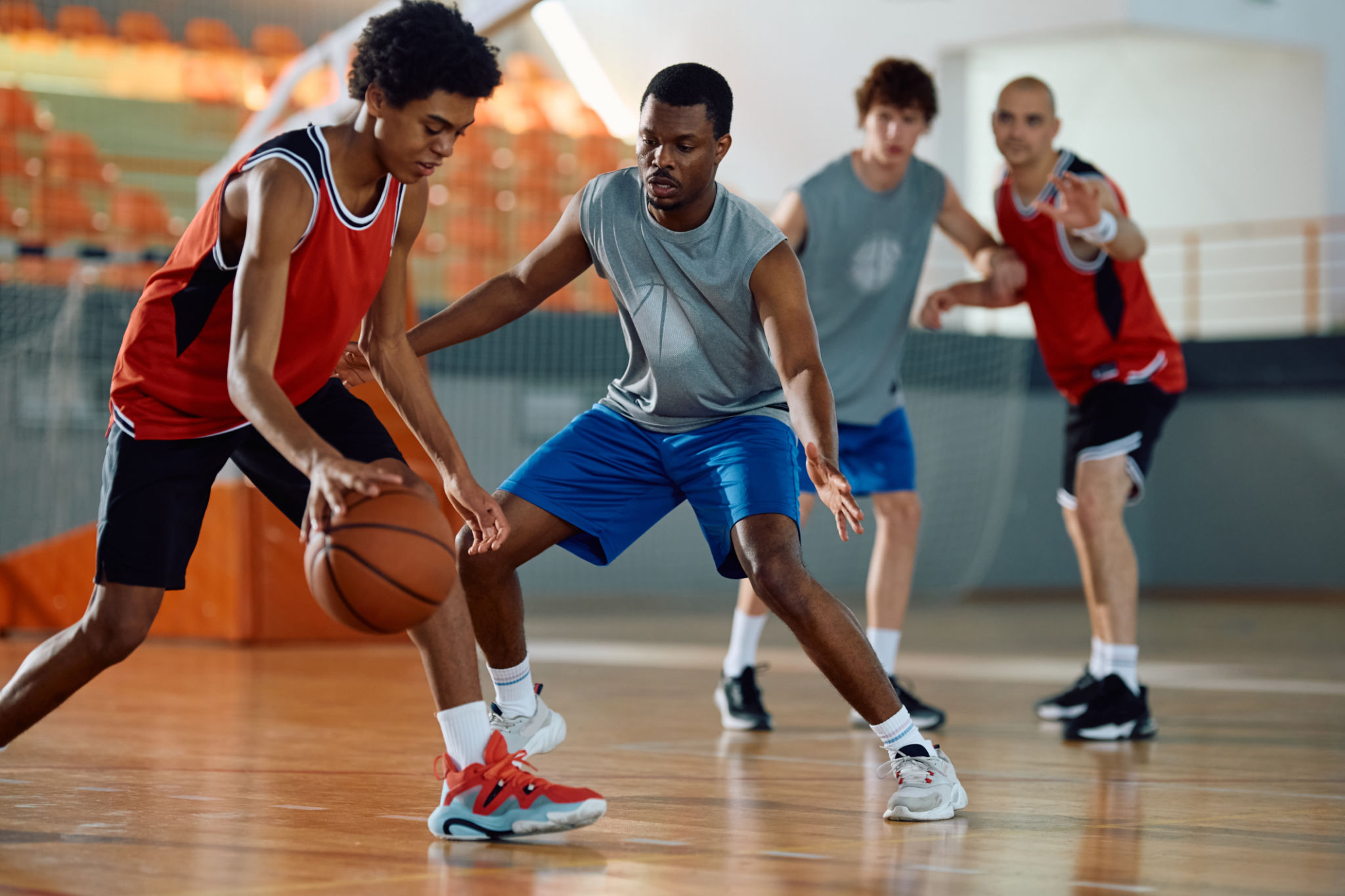Debunking Common Myths About Basketball Training
Introduction to Basketball Training Myths
Basketball is a dynamic and exhilarating sport that requires a unique combination of skills, agility, and endurance. However, several myths surround basketball training that can mislead aspiring athletes and coaches. In this blog post, we'll debunk some of these common misconceptions to help you optimize your training regimen.

Myth 1: Strength Training Makes You Bulky and Slow
A prevalent myth in basketball training is that strength training will make players bulky and slow. Contrary to this belief, strength training is essential for improving performance on the court. Building muscle can enhance your explosiveness, speed, and agility, which are critical components of effective gameplay.
Incorporating well-planned strength workouts into your routine can help you develop the power needed for quick sprints, high jumps, and aggressive defensive plays. Focus on functional exercises that mimic basketball movements to maintain flexibility and speed.
Myth 2: Only Tall Players Can Excel
Height is often perceived as a significant advantage in basketball, but it is not the sole determinant of success. While taller players may have an edge in certain positions, shorter players can excel by leveraging speed, agility, and skill.

Many legendary basketball players were not the tallest on the court but stood out due to their exceptional dribbling skills, shooting accuracy, and tactical intelligence. Emphasize developing these skills to maximize your potential regardless of your height.
Myth 3: More Practice Time Equals Better Performance
It's a common belief that the more you practice, the better you'll become. While consistent practice is crucial, overtraining can lead to burnout and injury. Quality over quantity should be the focus of your training sessions.
Ensure that your practice sessions are well-structured, with specific goals in mind. Incorporate rest days into your schedule to allow your body to recover and prevent overuse injuries. A balanced approach will yield better long-term results.

Myth 4: Shooting Is All About Form
While having proper shooting form is important, it is not the only aspect of becoming a great shooter. Shooting accuracy also depends on factors like hand-eye coordination, mental focus, and muscle memory.
- Develop consistent practice habits to improve shooting accuracy.
- Engage in drills that simulate game scenarios to enhance decision-making under pressure.
- Work on maintaining composure during high-stakes moments.
Conclusion: Embrace Evidence-Based Training
Understanding the realities behind these myths can significantly impact your approach to basketball training. By focusing on evidence-based practices and tailoring your regimen to your unique strengths and weaknesses, you can become a more effective player.
Remember that every athlete's journey is different, and what works for one person may not work for another. Stay informed, stay flexible, and most importantly, enjoy the game!